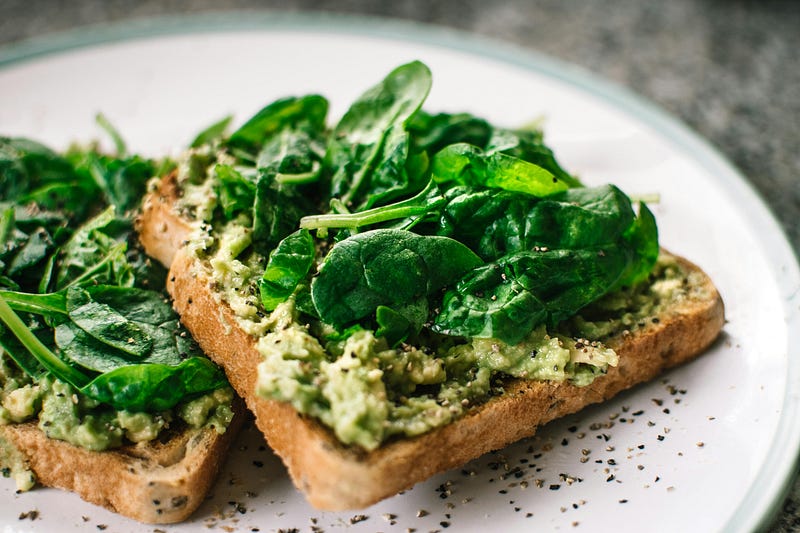🥗💪The Science of Eating for Health, Fat Loss & Lean Muscle

In the present society, there is an abundance of information on nutrition and eating habits, yet many individuals still battle to achieve their health and fitness objectives. Understanding the science behind eating for health, fat loss, and lean muscle can empower people to make informed choices and advance their dietary habits. In this comprehensive aide, we’ll explore the key principles of nutrition, expose common myths, and provide practical strategies for achieving lasting results
Understanding the Science of Nutrition:
At its core, nutrition is the study of how food affects the body’s function and overall health. It encompasses the macronutrients (starches, proteins, and fats) and micronutrients (vitamins and minerals) that are fundamental for proper physiological function. By understanding the roles of these nutrients and their impact on metabolism, people can make educated choices about their dietary intake.
The Role of Macronutrients:

Carbohydrates: Carbs are the body’s primary source of energy and play a crucial role in fueling workouts and supporting brain function. Nonetheless, not all carbs are made equal. Opt for complex carbs like whole grains, fruits, and vegetables, which provide sustained energy and essential nutrients.
Proteins: Proteins are the building blocks of muscle and are essential for tissue repair and growth. Aim to incorporate lean sources of protein like chicken, fish, tofu, and vegetables in your eating regimen to support muscle development and recovery.
Fats: Despite their bad reputation, fats are essential for hormone regulation, nutrient absorption, and cell membrane integrity. Focus on incorporating healthy fats such as avocados, nuts, seeds, and olive oil into your meals to support overall wellbeing and satiety.
Debunking Common Myths:

Myth: Eating less will lead to faster weight loss
Truth: Severely restricting calories can slow down metabolism and hinder fat loss over the long term. Focus on creating a maintainable calorie deficit through a balanced eating regimen and regular exercise.
Myth: Carbs are the enemy when it comes to fat loss.
Truth: Carbs are not innately fattening. It’s the type and amount of carbs consumed that can affect weight management. Opt for nutrient-dense carbs such as oats, sweet potatoes, etc and focus on portion control as opposed to elimination.
Myth: High-protein diets are essential for building muscle.
Truth: While protein is fundamental for muscle development, excessive protein consumption doesn’t necessarily equate to more muscle gain. Aim for a moderate protein intake and prioritize overall calorie and macronutrient balance for ideal results.
Practical Strategies for Success:
Practice Mindful Eating: Pay attention to hunger and fullness cues, and endeavor to eat slowly and mindfully to prevent overeating.
Prioritize Whole Foods: Focus on consuming a variety of nutrient-dense, whole foods to ensure you’re getting a wide range of essential nutrients.
Remain Hydrated: Adequate hydration is fundamental for overall wellbeing and can help support digestion, metabolism, and energy levels.
Incorporate Strength Training: Resistance training is key for building lean muscle mass and boosting metabolism. Aim to incorporate strength training exercises in your workout routine at least two to three times per week.
Conclusion:
By understanding the science of eating for health, fat loss, and lean muscle, individuals can take control of their dietary habits and achieve lasting results. By prioritizing nutrient-dense foods, practicing mindful eating, and incorporating regular exercise, anyone can unlock their full potential and optimize their health and fitness journey. Remember, consistency and moderation are key, and small changes over time can lead to significant improvements in overall well-being.

Comments
Post a Comment